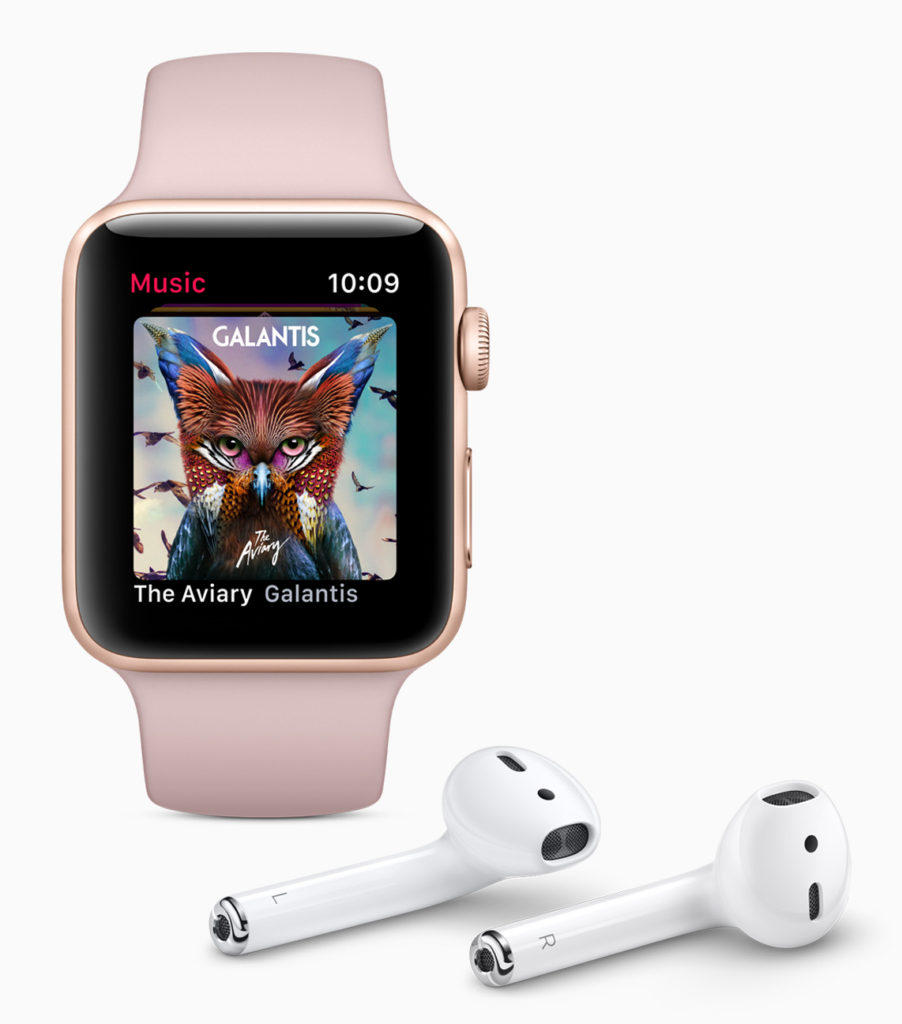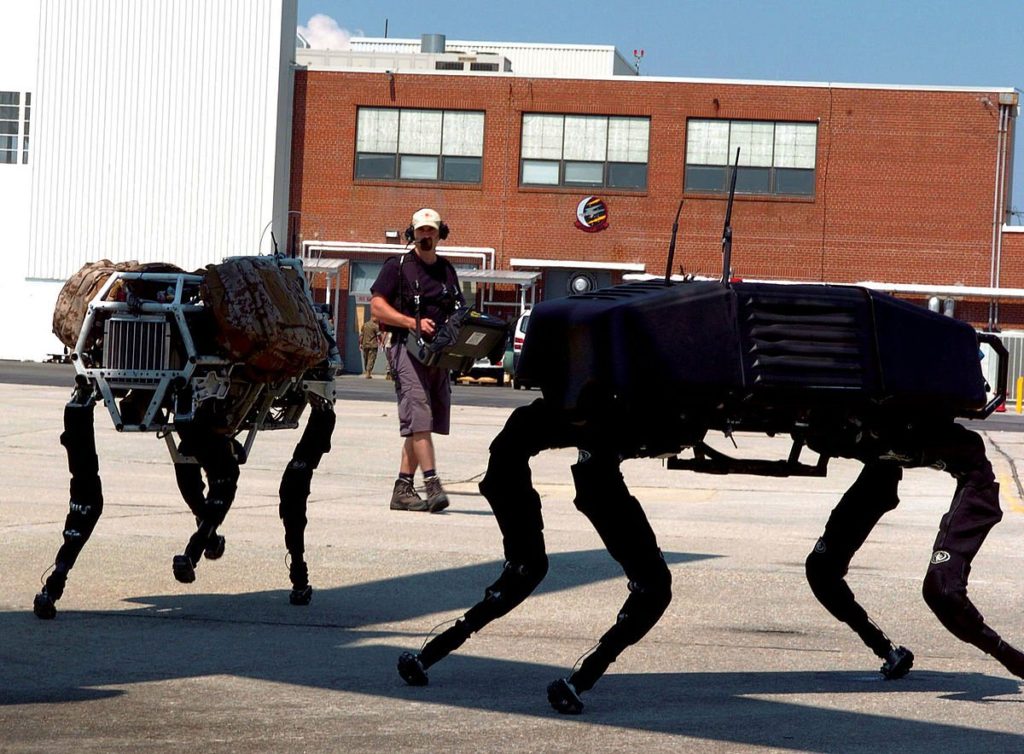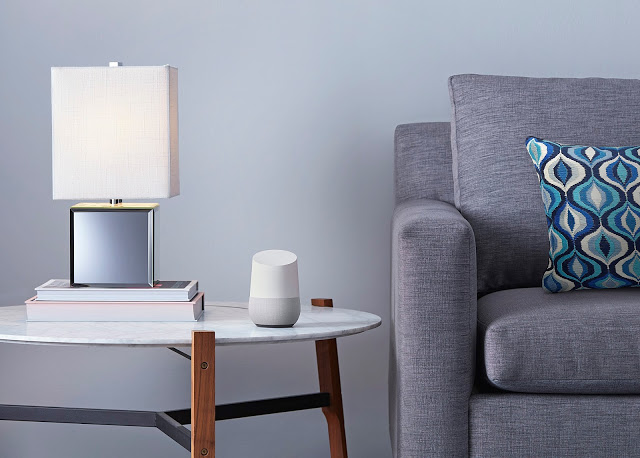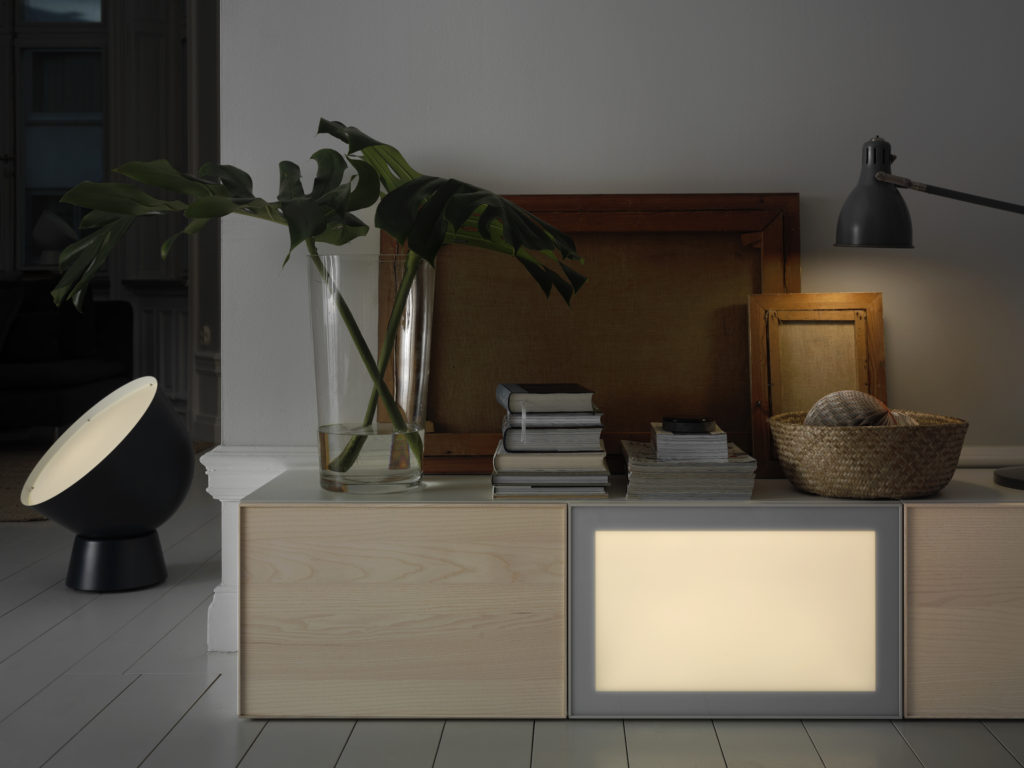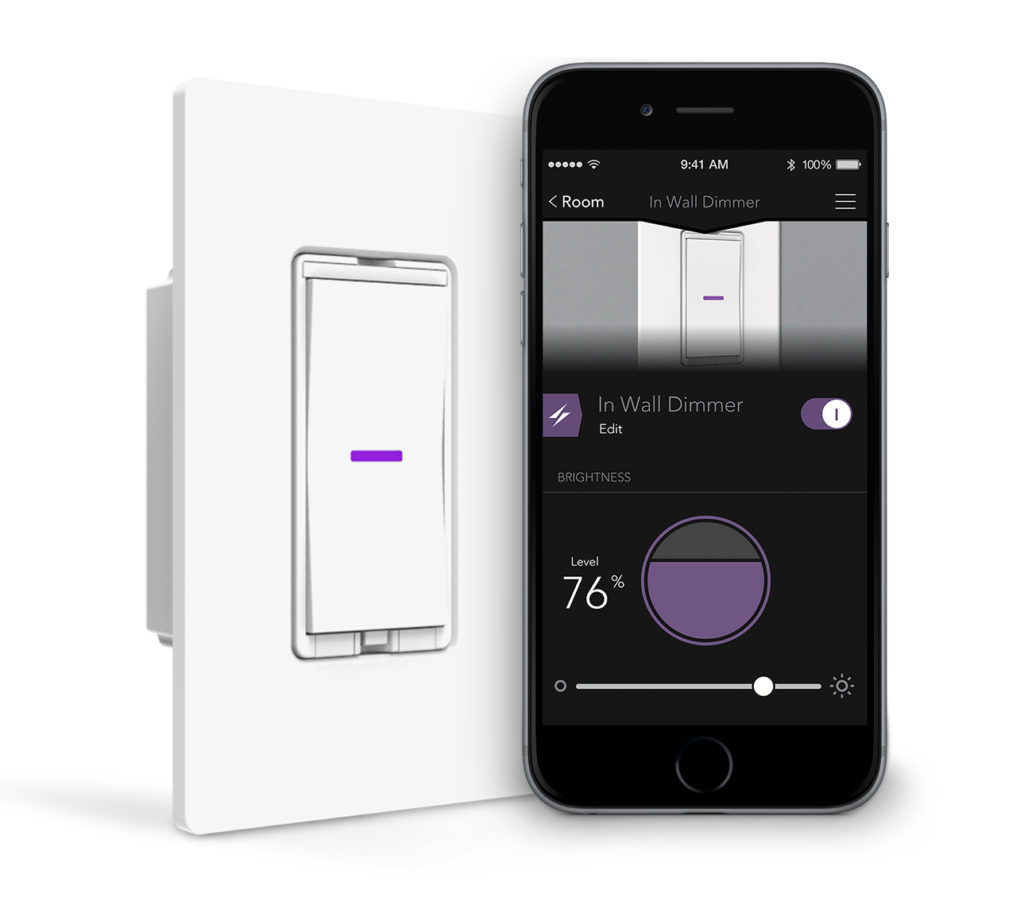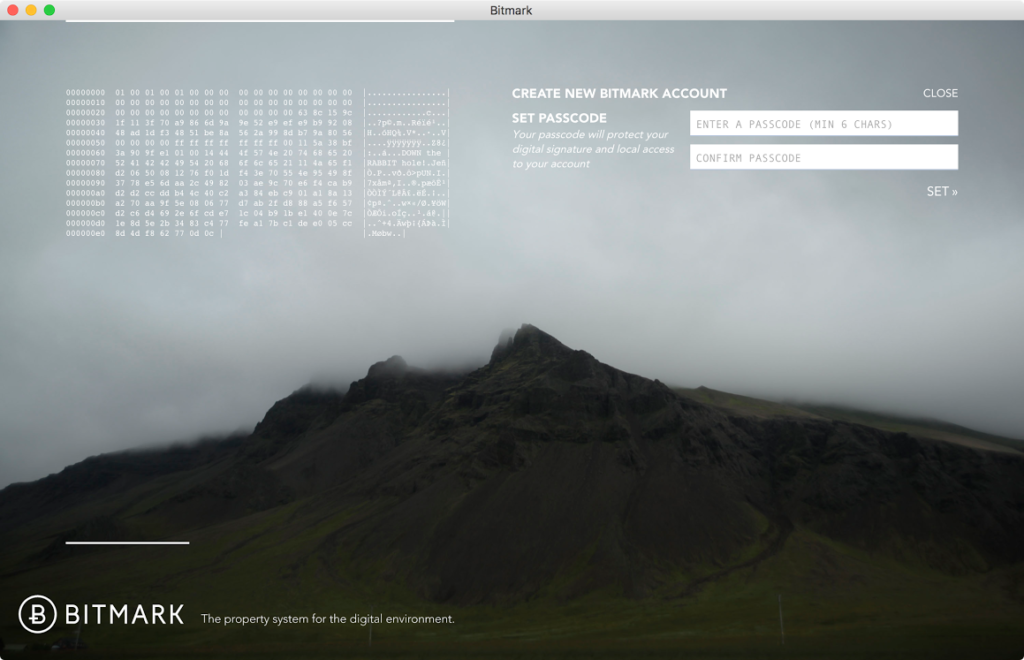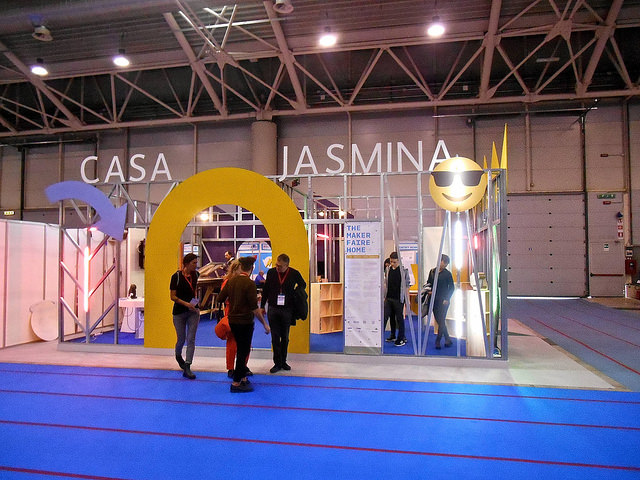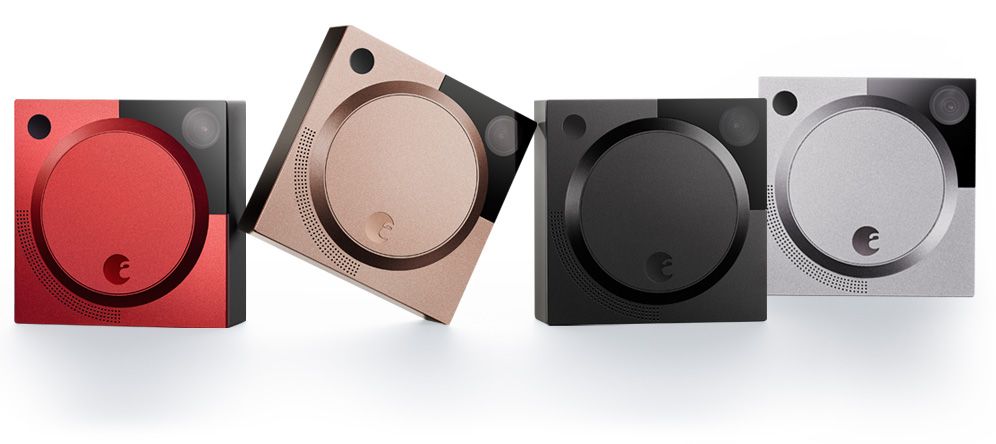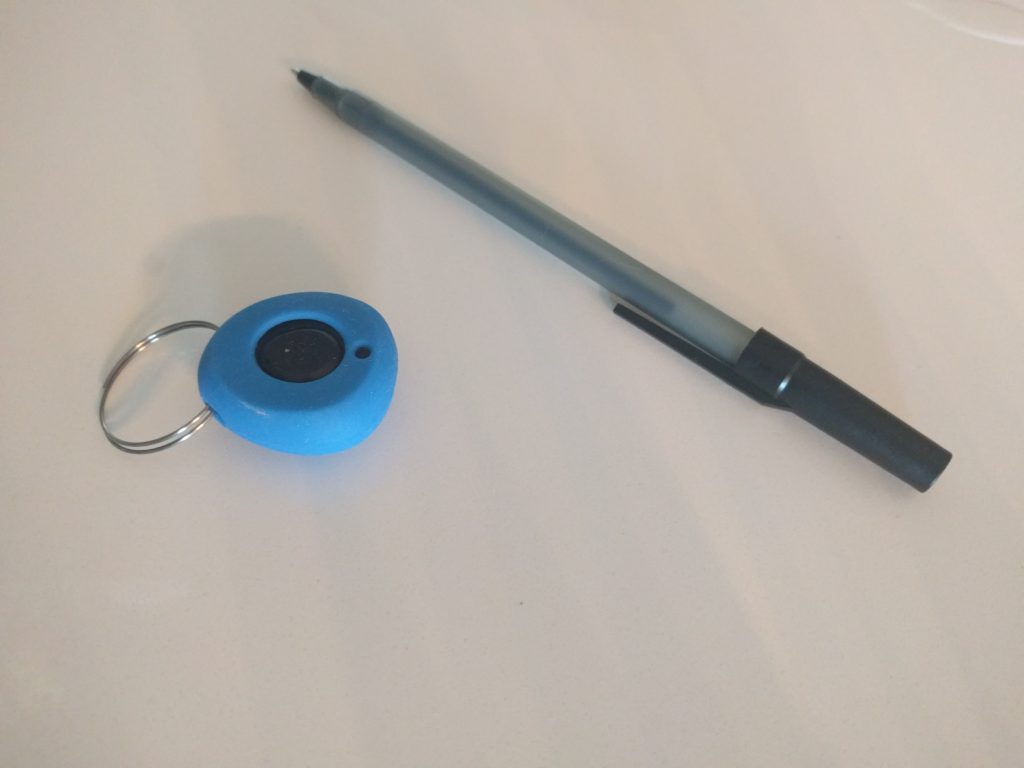This week began with a bang as researchers disclosed a vulnerability in the Wi-Fi protocol that could cause problems for smart device owners. The details of the KRACK vulnerability can be found here, and a list of connected devices affected here. After that, we discuss Bluetooth issues and the trouble with most trackers. Kevin reviews the Sonos One and I review Alexa’s ability to tell different people apart. We also share some ideas from IFTTT to turn your smart home into a spookier one in time for Halloween. News from GE and Apple, an update on smart home device penetration and a spin out of Honeywell’s home division round out the show.
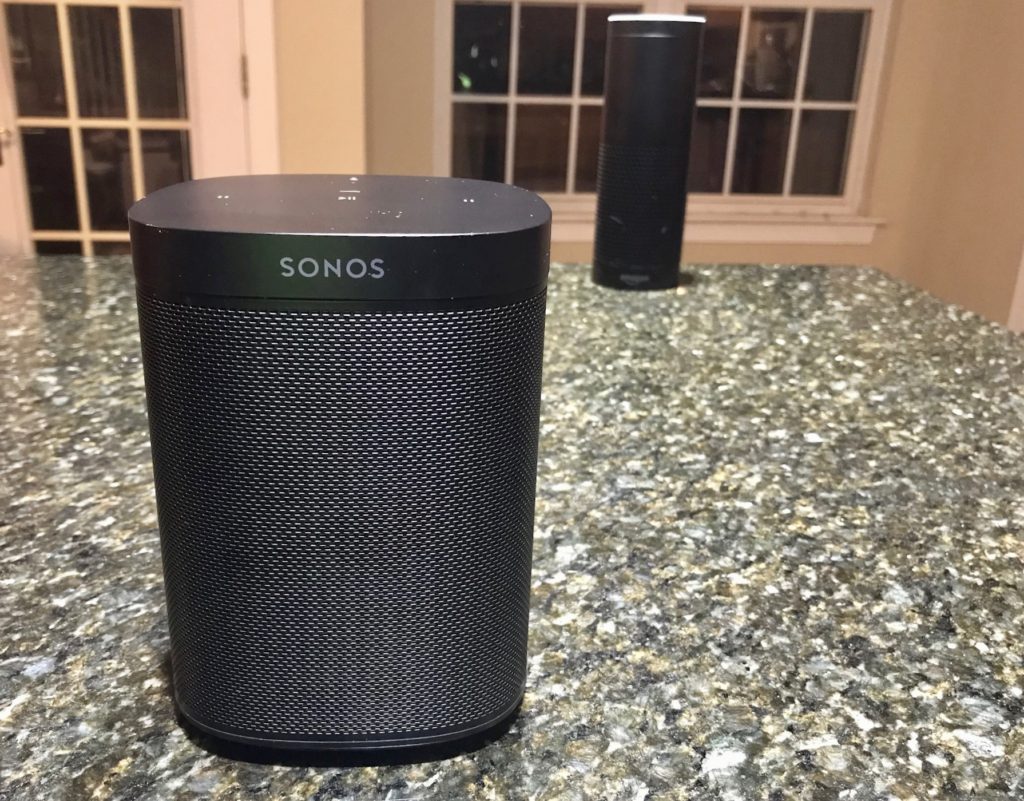
After that I interview John Miri, who is the chief administrator for the LCRA in Austin, Texas. In his role, he oversees 275 sensors spread out over 800 miles of river in Texas. These sensors are part of a real-time flood reporting system that I was glued to during Hurricane Harvey. Curious about how it was managed, I asked Miri to discuss how the agency built it, how they keep it running and what data he’d like to see next. The biggest takeaway from the interview wasn’t that the IoT aspects were hard, but that the operations and maintenance were perhaps the most challenging. It’s a great interview for anyone who thinks IoT is a magic wand that will generate the data to solve your business problems.
Hosts: Stacey Higginbotham and Kevin Tofel
Guest: John Miri of the LCRA
Sponsors: Qualcomm and SAP
- What to do after KRACK broke Wi-Fi security
- Samsung’s global tracker is cool, but can it do this?
- IFTTT wants to help you automate a haunted Halloween
- Measuring floods in real-time is harder than you think
- Anyone want to build a new radio network for the LCRA?
Podcast: Play in new window | Download | Embed
Subscribe: RSS

